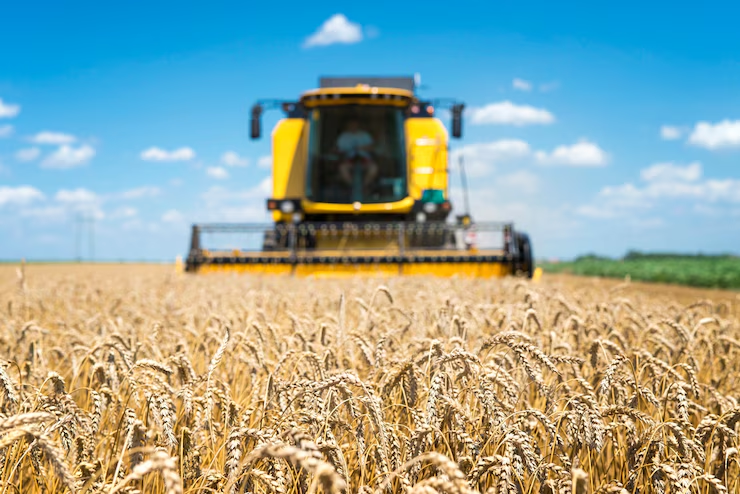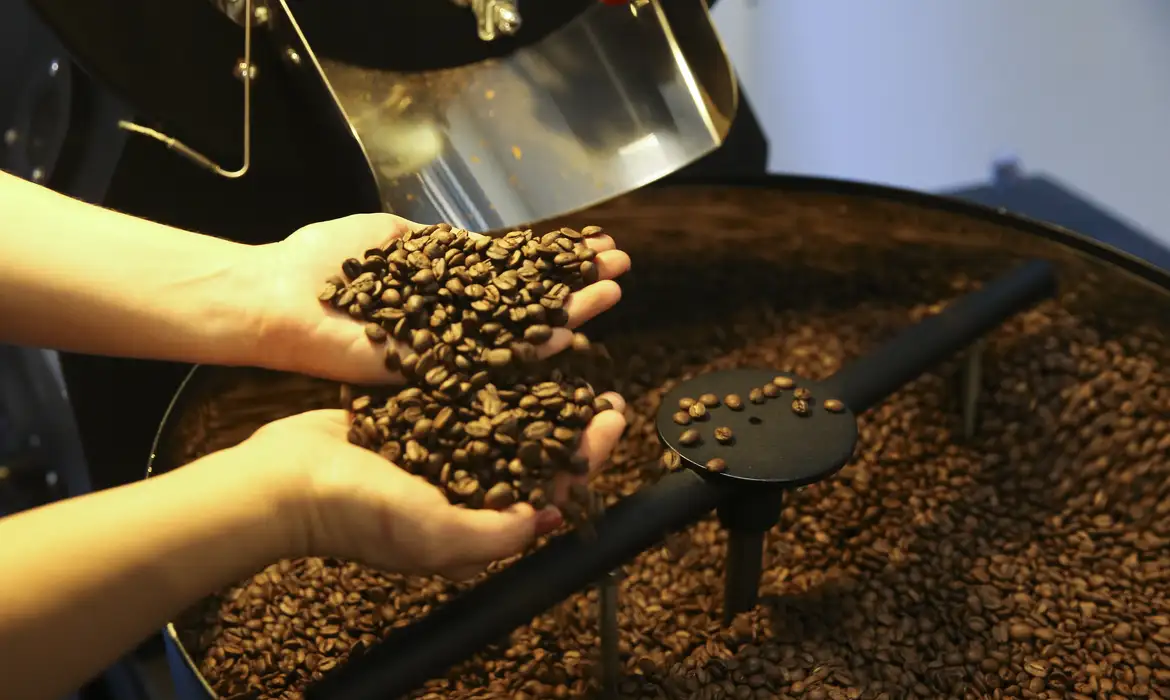Agro: sector representatives criticize lists of products that will have incentives in tax reform

The representatives highlighted that the presumed credit could be broad for all agricultural inputs, considering that the final consumer will bear the tax when purchasing the product, thus crediting the taxes paid throughout the production process.
There was also criticism of the limit of R$3.6 million in annual revenue so that rural producers integrated into a production chain are not considered taxpayers of the new taxes. The suggestion is that this limit be applied only to small, non-integrated family producers.
For analyst and consultant at SAFRAS & MERCADO, Fernando Iglesias, the regulation has the impact of increasing the tax burden, which is harmful to several sectors of the economy and could cause inflationary and macroeconomic problems.
“A big problem is that, whether we like it or not, the increase in the tax burden, which is what is emerging there, will basically be passed along the production chain. So, in the medium and long term, this situation ends up leading to an increase inflation. Another aspect that the additional tax burden can result in is a lower rate of investment in agribusiness”, he explains.
Investments
João Crisóstomo, agribusiness consultant at BMJ Consultores Associados, points out that it is important to invest in agriculture, as this is one of the most important sectors for the Brazilian economy, contributing significantly to the growth of the country’s Gross Domestic Product (GDP).
He highlights that investment in agriculture is not limited to the countryside, as it also impacts transport, storage, research and innovation.
“In addition, investment in agriculture is one of those that most contribute to the theory of internalization of resources. The country’s agricultural hubs are not in large centers but in the interior, and this allows other regions, a little more remote, to have access income more easily and more intensely”, he adds.
Read more:
Agro: 11.8 thousand new vacancies were registered in April, points out CNM
Agricultural exports: record number of market openings in May
By Brasil 61




